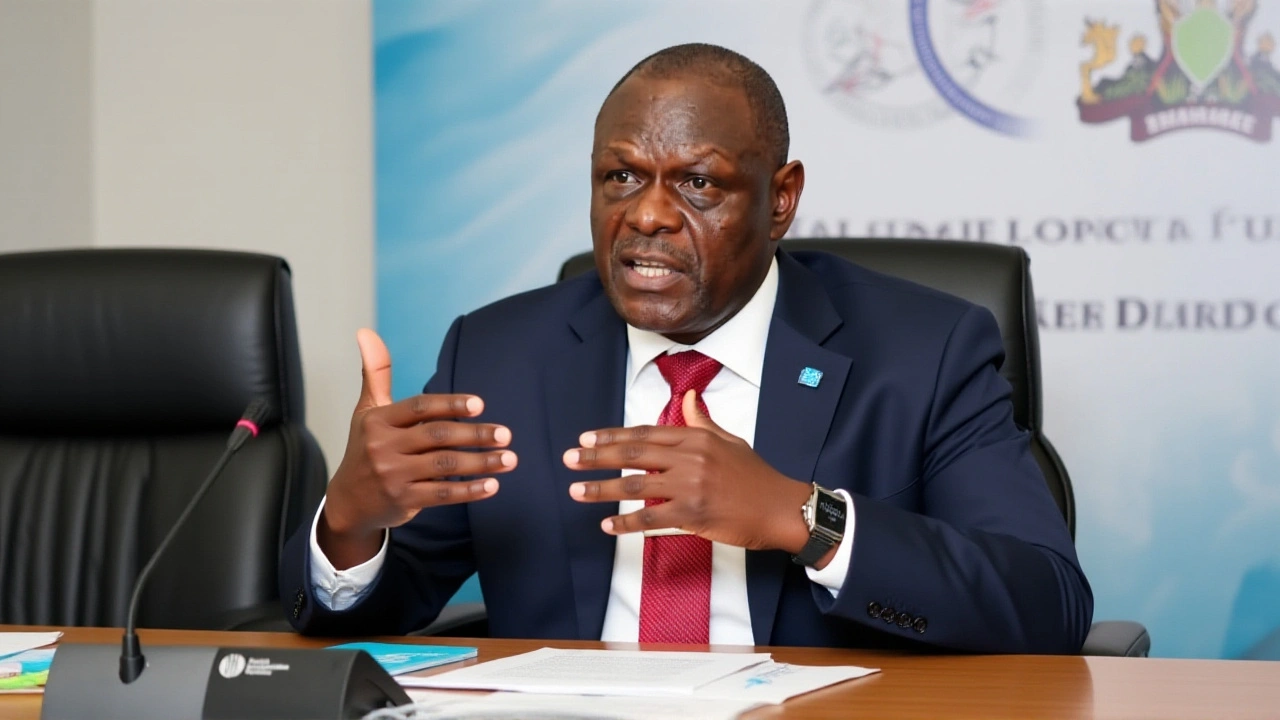Independent Electoral and Boundaries Commission
When talking about the Independent Electoral and Boundaries Commission, South Africa's constitutional body that organizes free and fair elections, manages voter rolls and defines constituency borders. Also known as IEBC, it plays a central role in shaping the country's democratic landscape. The commission’s work interlocks with voter registration, the process of enrolling citizens so they can cast a ballot, ensuring that every eligible adult has a voice on election day. Likewise, electoral boundaries, the geographic lines that define voting districts are drawn and reviewed by the commission to reflect population changes and maintain equal representation. Underpinning all of this is electoral law, the set of statutes and regulations that govern how elections are run, which guides the IEBC’s duties and keeps the process transparent.
How the IEBC Impacts Everyday Politics
The commission’s mandate touches three core areas: administration, regulation, and oversight. First, it administers elections by setting dates, issuing voter cards, and training poll officials. Second, it regulates political parties, monitoring campaign finance and ensuring compliance with the code of conduct. Third, it oversees the entire electoral cycle, from the publication of voter rolls to the final announcement of results, acting as a watchdog against fraud. When the IEBC updates voter registration data, it directly influences turnout numbers; when it revises electoral boundaries, it can shift the balance of power in parliament. These interactions create a chain: IEBC governs elections → elections shape government → government policy affects citizens. In practice, you’ll see headlines about the commission releasing new voter‑registration deadlines, publishing revised constituency maps, or addressing disputes raised by parties after a close vote.
Below you’ll find a mix of recent stories that illustrate the IEBC’s role in action. Some pieces focus on the commission’s latest voter‑roll updates, others detail legal challenges around boundary delimitation, and a few explore how the body collaborates with civil‑society groups to promote voter education. Whether you’re a first‑time voter, a political analyst, or just curious about how South Africa keeps its elections running smoothly, this collection gives you a clear window into the processes, challenges, and successes of the Independent Electoral and Boundaries Commission. Dive in to see how the commission’s decisions ripple through the country’s political scene.
Former KESSHA chief Alfred Kahi eyes IEBC seat in interview
Alfred Kahi, former KESSHA chairman, interviewed for an IEBC seat on 12 May 2025, promising transparent communication and digital reforms to restore voter trust.
Julian Parsons | Oct, 7 2025 Read More
